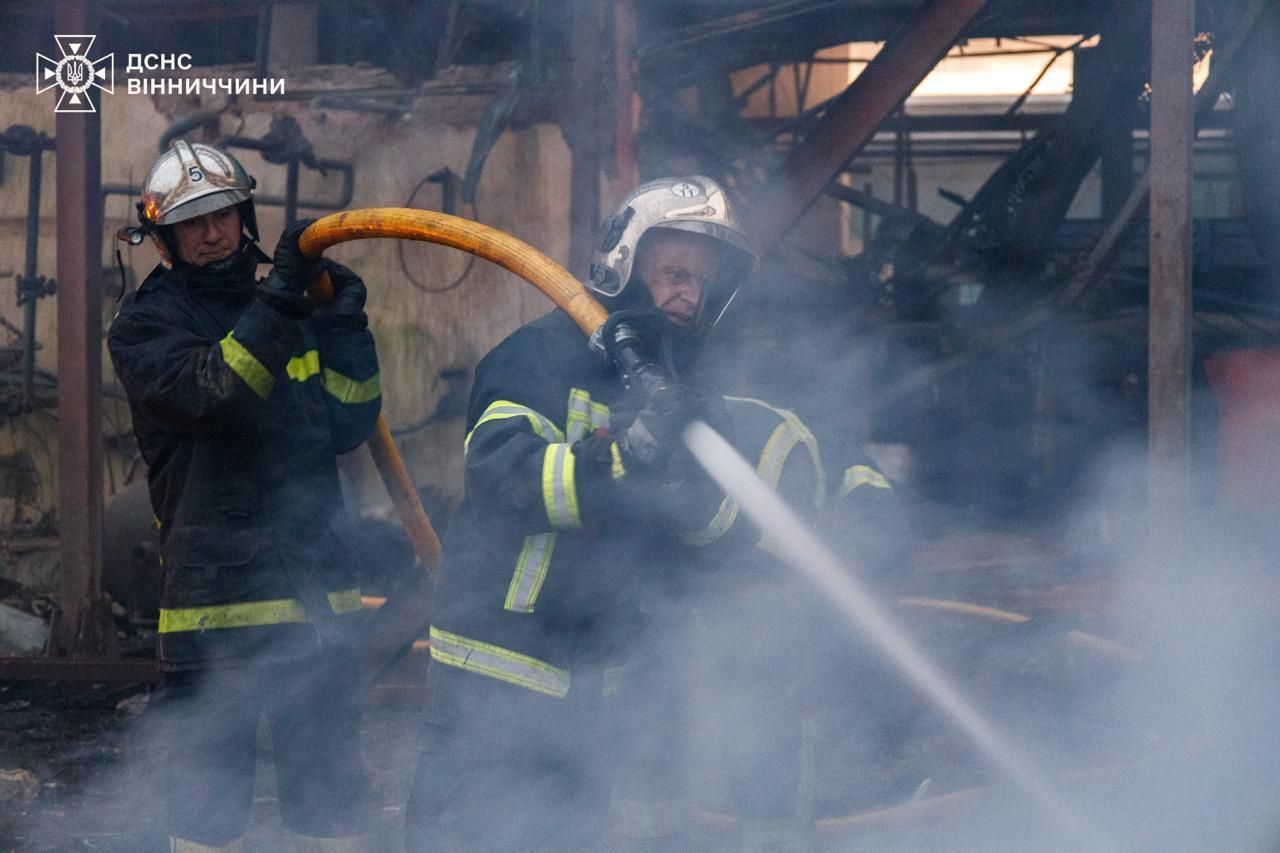Russian authorities call for urgent tax increase to save national budget

Moscow needs to urgently raise more money as shrinking oil and gas revenues and a worsening economic outlook continue to strain the federal budget, a senior Russian lawmaker warned on July 16.
Anatoly Artamonov, chair of the Federation Council Committee on Budget and Financial Markets, cautioned that Russia's financial situation is becoming more serious and that immediate steps are needed to stabilize it. "We need to use all available resources to increase the revenue base," he said, according to the Moscow Times.
One step, he suggested, could be reducing the number of tax exemptions. Artamonov said these exemptions currently make up about a third of the federal budget. He also pointed to the widespread issue of shadow employment—undeclared work often paid in cash—to avoid taxes and social contributions. Authorities estimate these undeclared wages total around 10 trillion rubles ($112 billion) each year, representing a major loss to the state.
Artamonov also criticized the Russian government's hesitation to move forward with privatization efforts. Selling off certain state-owned assets, he argued, could provide much-needed funds to help fill budget gaps.
According to the Finance Ministry, Russia's oil and gas revenues fell by 17% in the first half of 2025 compared to the same period last year. While total revenue rose slightly—up 3%—inflation means that in real terms, income is actually shrinking. Meanwhile, government spending jumped by 20%, creating a 3.7 trillion ruble ($41 billion) deficit—six times larger than last year.
To help cover the shortfall, the Kremlin has been drawing from its National Wealth Fund. But the fund's liquid assets, which stood at $120 billion before Russia's full-scale invasion of Ukraine, have dropped to just $52.6 billion as of July 1. Russian economists have warned that the fund run out entirely by next year if energy prices remain low.
Russia's economy may take another hit as the European Union plans additional sanctions. A proposal to lower the price cap on Russian oil from $60 to $47 per barrel could also impact the Kremlin's coffers significantly, costing the budget another 1.5 trillion rubles ($19.2 billion) annually.
In response, Russian officials are reportedly weighing federal budget cuts. According to estimates, the government may need to reduce spending by 1.5-1.6 trillion rubles ($19-$20 billion) if oil prices stay low and the current budget rules are adjusted downward.












